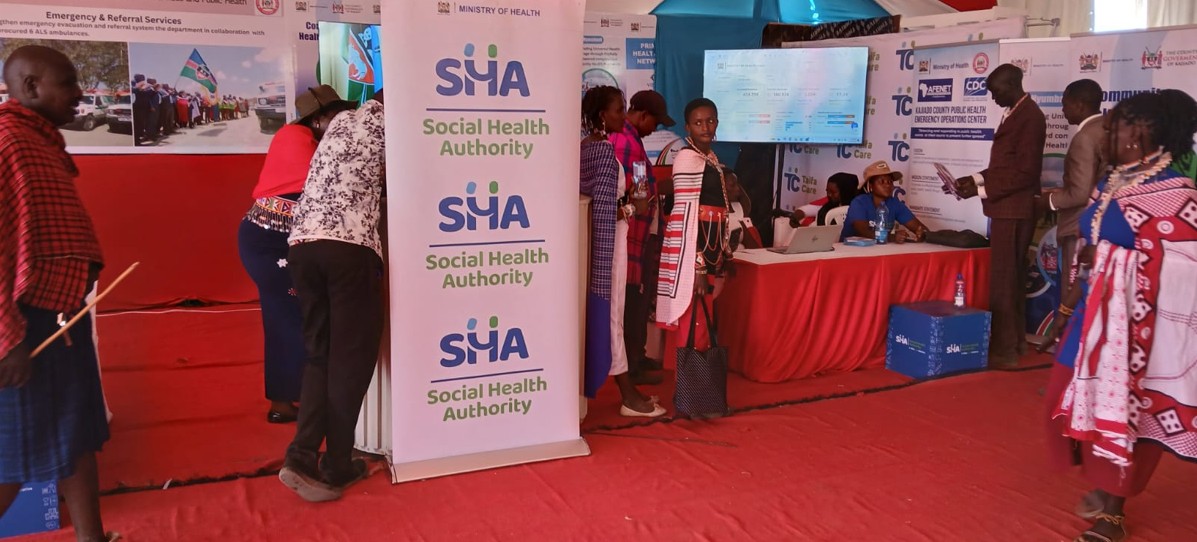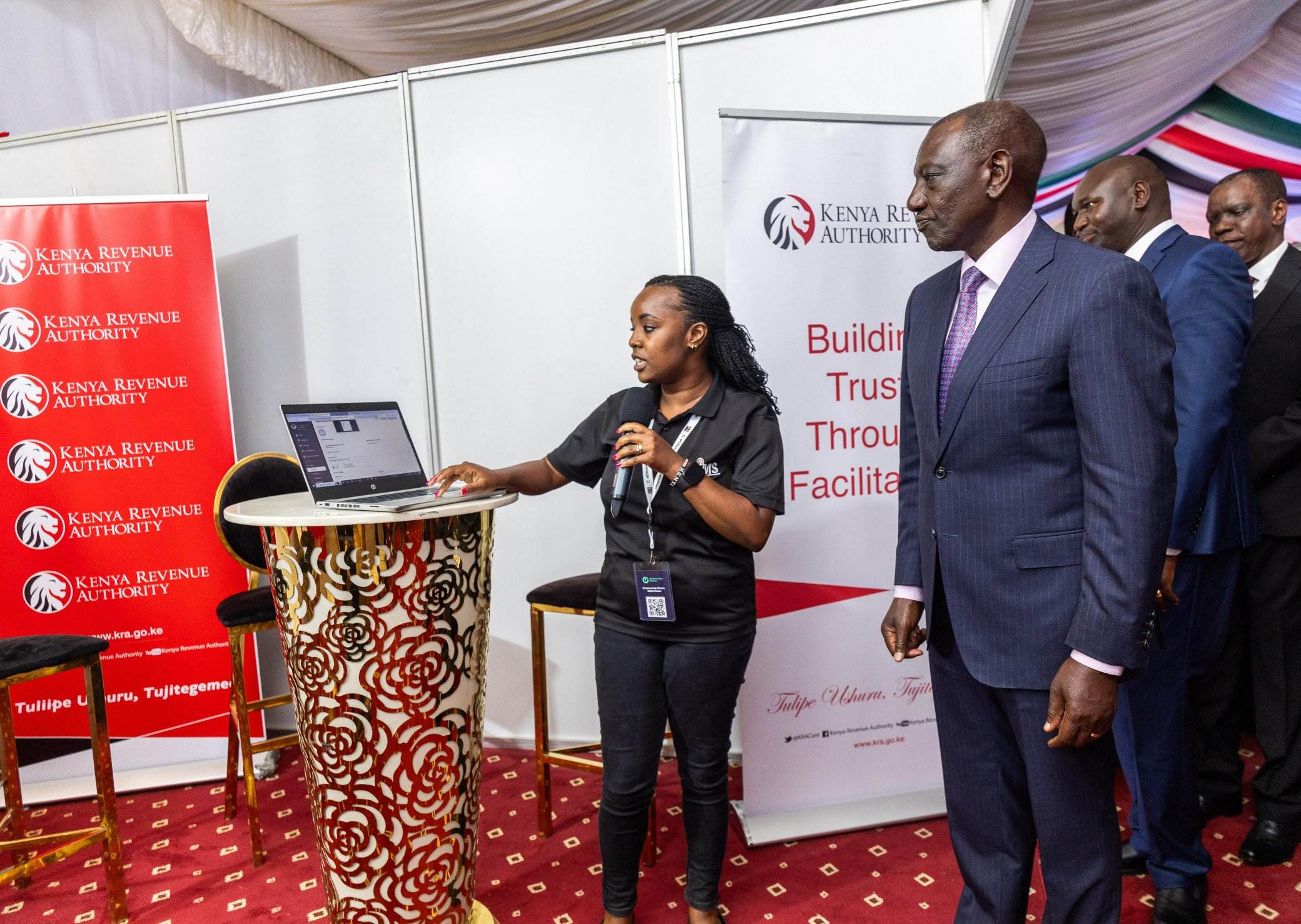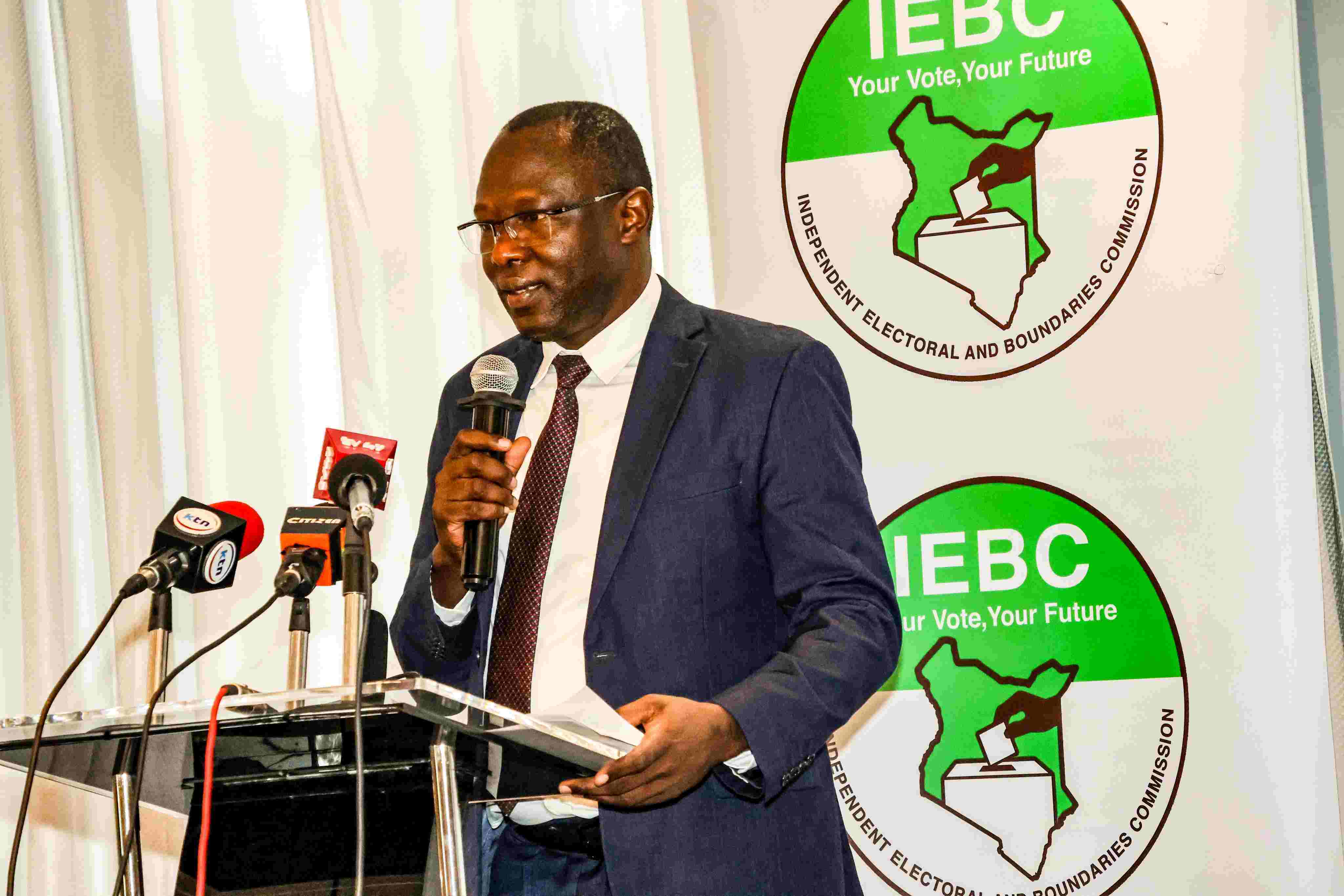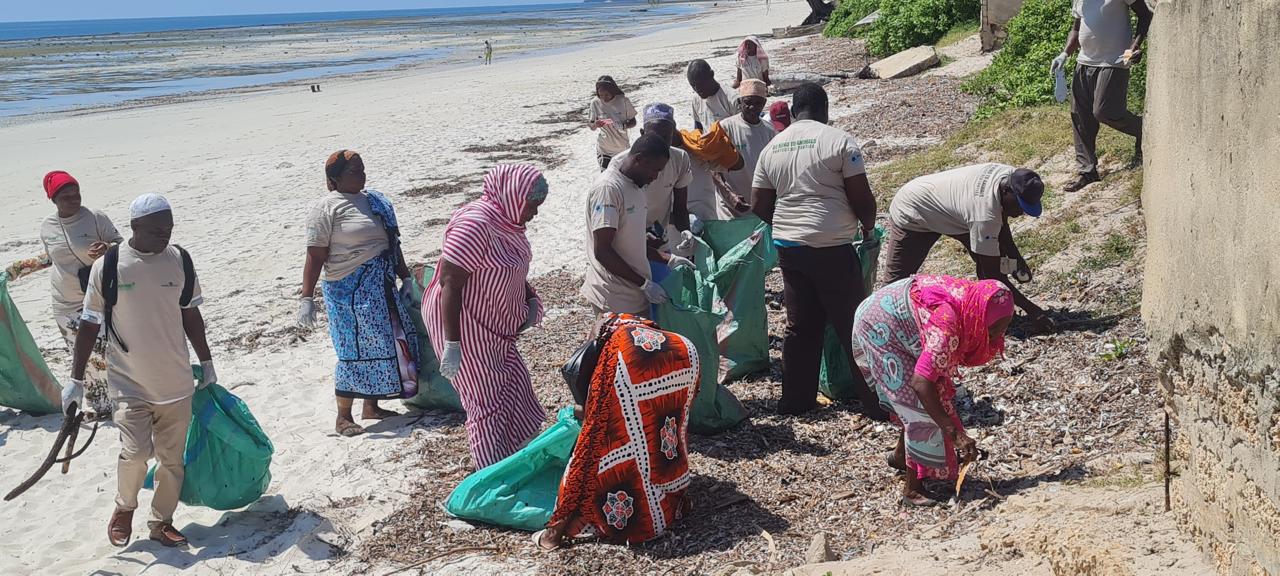Report lays bare Kenya’s failing healthcare system

Despite advances in health access, the study reveals that many facilities remain below standard, with some performing complex procedures far beyond their level of classification.
A new government-backed health assessment has laid bare serious weaknesses in Kenya’s healthcare system, showing that hospitals and clinics across the country are struggling with insufficient staff, medical supplies, and infrastructure.
The 'Kenya Health Facility Assessment 2024 - Quality of Care and Human Resources for Health Report', unveiled in Nairobi, exposes major gaps that continue to undermine the delivery of safe and reliable health services.
More To Read
- How Trump–Ruto health deal fills the void left after USAID exit
- Garissa County signs MoU with KMPDU to boost doctors’ careers and staffing
- MPs demand SHA clears Sh10 billion in pending NHIF bills within three months
- SHA transition sparks tension as teachers cite lack of consultation, legal violations
- Review meeting highlights barriers to immunisation, maternal health in Turkana
- Court of Appeal postpones hearing on constitutionality of Health Acts
The survey, which examined 3,605 facilities in all 47 counties, paints a troubling picture of how limited human resources, poor equipment, and weak oversight are affecting patient care.
Despite advances in health access, the study reveals that many facilities remain below standard, with some performing complex procedures far beyond their level of classification.
According to the findings, several Level 2 and 3 health centres, particularly private ones, have been offering services such as major surgery and Caesarean sections—activities reserved for higher-level hospitals.
The report warns that such practices raise safety concerns and point to a lack of proper regulation under the Kenya Essential Package for Health.
“Some facilities are misclassified or offering services beyond their capacity,” it cautions, urging the Ministry of Health to strengthen supervision and reclassification.
Maternal, newborn care remains weak
Maternal and newborn care remains one of the weakest areas. Out of 6,132 facilities providing delivery services, only 37 per cent had all seven required emergency obstetric and newborn care functions.
The report found that comprehensive care is still a challenge, with less than half of Level 4 and 5 hospitals meeting all nine standards expected for full emergency services.
Laboratory capacity and drug availability were also identified as major weaknesses. Only 57 per cent of higher-level facilities could perform a basic blood test like a hemogram, while 39 per cent experienced interruptions in service.
Medicine shortages were widespread, with stockouts recorded for all 23 essential tracer drugs during the survey period. Key maternal health drugs such as magnesium sulphate, benzyl penicillin, and oxytocin were among the most affected.
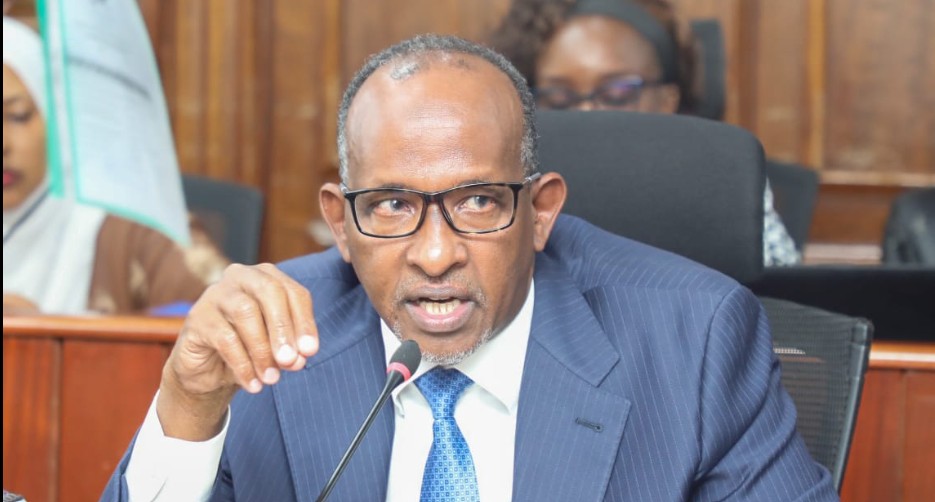 Health Cabinet Secretary Aden Duale. (Photo: National Assembly)
Health Cabinet Secretary Aden Duale. (Photo: National Assembly)
The report further shows that Kenya’s health workforce remains far below international targets. The country averages 14.3 core health professionals per 10,000 people; well under the World Health Organisation’s recommendation of 23.
Only Nairobi, Mombasa, Kisumu, and Nyeri meet the minimum requirement. Less than half of healthcare workers are employed on permanent and pensionable terms, and just 65 per cent of staff in public facilities are medical professionals, contrary to the required 70:30 ratio.
Although absenteeism among health workers has declined from 52.8 per cent in 2018 to 30 per cent, it remains a challenge, with unplanned absences often linked to illness or strikes.
The report also highlights worrying workplace conditions, revealing that 17 per cent of medical staff experienced physical or verbal assault in the past year and that nearly a third were exposed to hazardous materials such as body fluids.
Adherence to treatment guidelines and proper record-keeping were found to be inconsistent. Correct diagnosis and management were observed in only 40 per cent of severe diarrhoea cases in children, 39 per cent of non-severe pneumonia, and 47 per cent of adult hypertension cases.
While malaria treatment showed better outcomes, documentation of care remained weak, with only 21 per cent of tuberculosis files and 31 per cent of postpartum examinations fully recorded.
Despite these challenges, family planning clients reported high satisfaction levels, with 97 per cent expressing positive experiences.
However, 16 per cent felt pressured into using specific methods, raising questions about patient consent and informed choice.
The Ministry of Health noted that the findings would guide ongoing reforms to strengthen service delivery and accelerate progress towards Universal Health Coverage.
The report recommends renewed investment in infrastructure, fair deployment of personnel, and stronger systems to address absenteeism and workplace safety.
It also emphasises continuous training and supervision to improve treatment quality and uphold patient dignity across all facilities.
Top Stories Today
